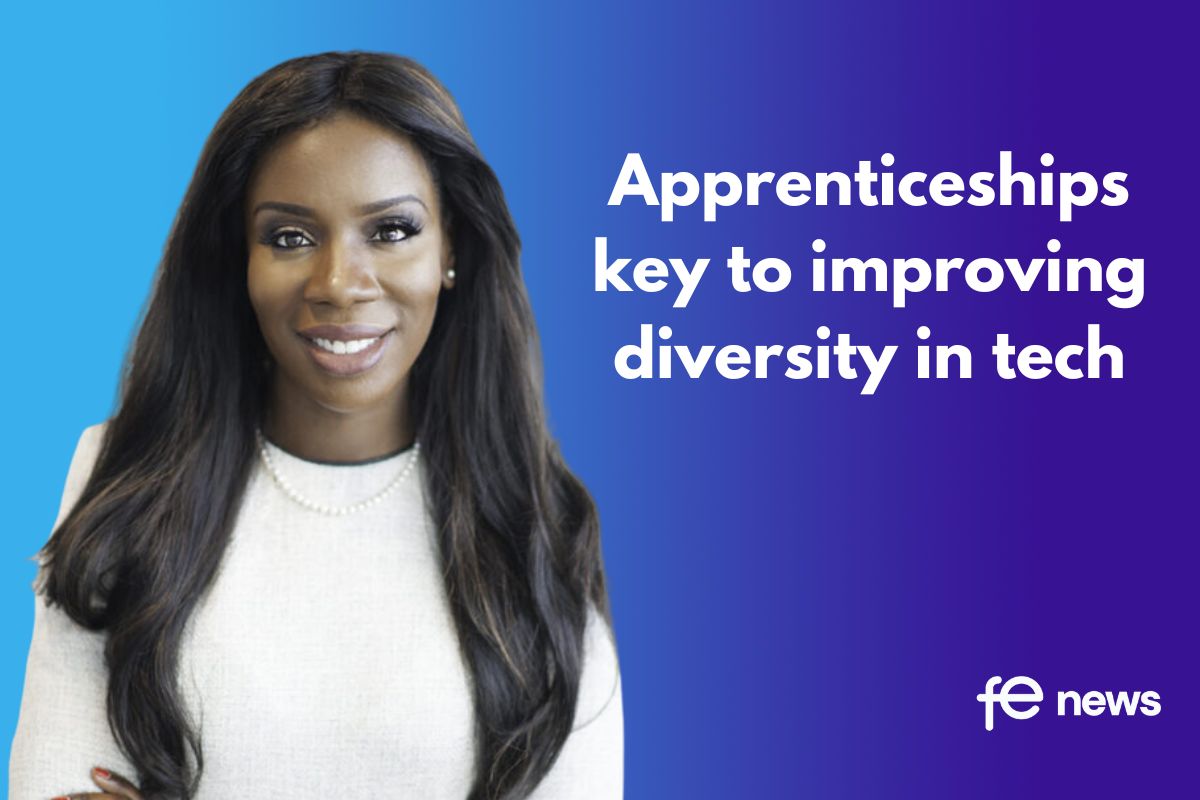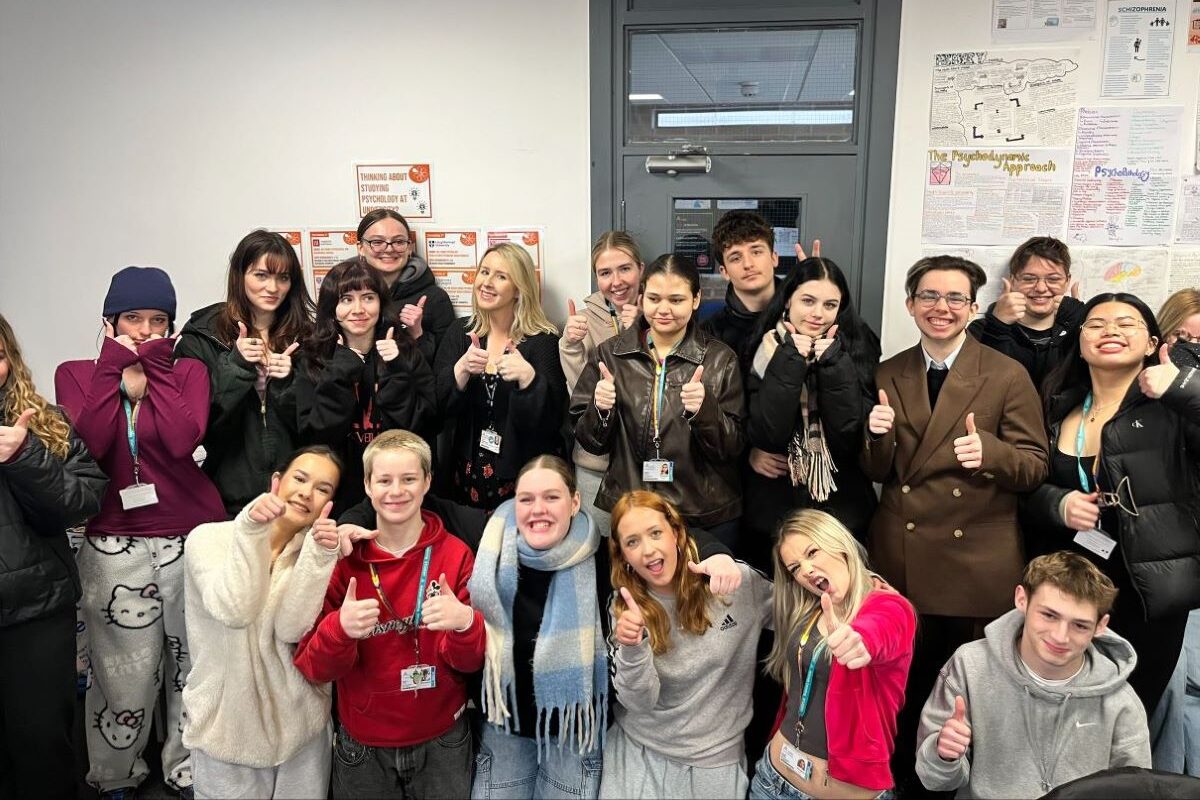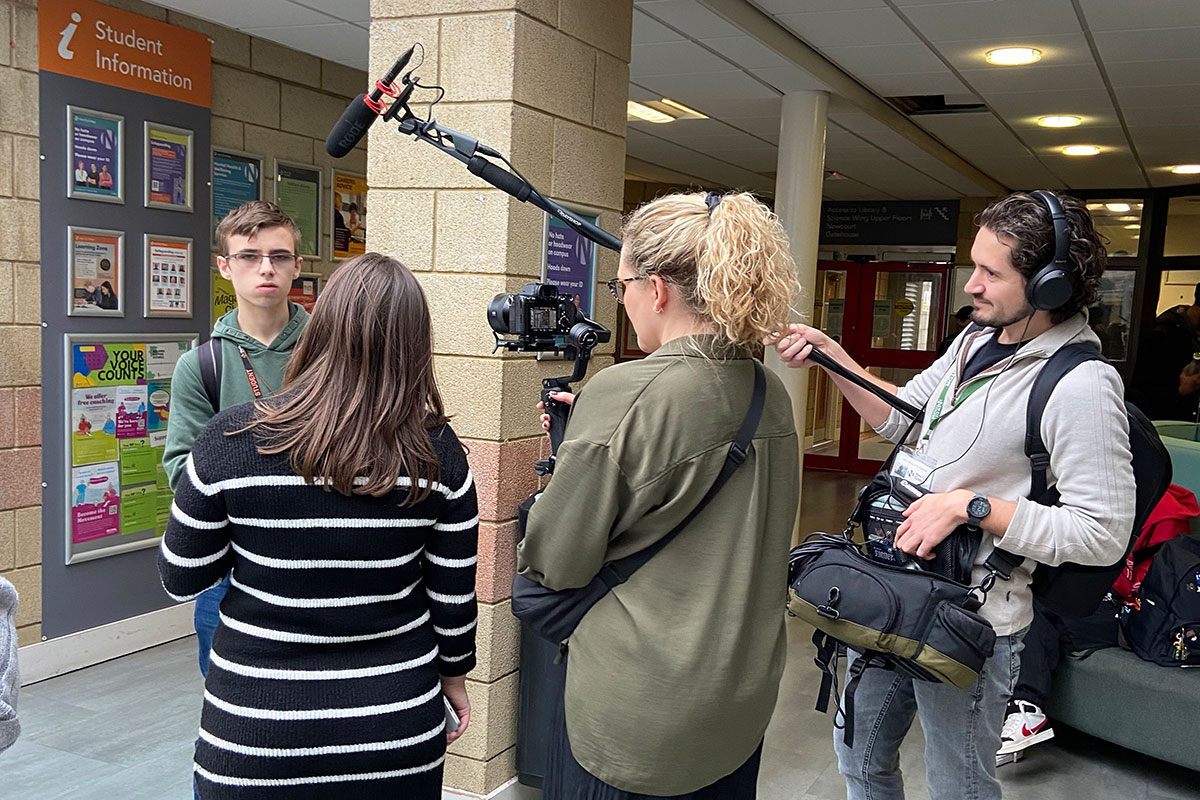Apprenticeships key to improving diversity in tech

If you imagine an apprentice, what do you see? A teenager wearing overalls ready to fix your car?
Think again.
Long gone are the days when apprenticeships were limited to those of us who were coming out of school who might have been good with our hands.
Nowadays, they’re a real alternative to university. And more often than not, they provide a clear pathway into the world of work – whatever your field of study.
Almost half of UK apprentices in the last academic year were aged 25 or over. And did you know that at any one time, there are around three quarters of a million people studying for an apprenticeship in the country?
So with hundreds of options, could apprenticeships hold the answer to improving diversity in tech?
A few weeks ago, the British Computer Society said it would take 283 years for the male to female ratio to balance itself out among the tech workforce if we let current trends take their course.
As we gear up for National Apprenticeships Week (5-11 February), the need to highlight new and open pathways into the tech sector has never been more important.
Traditional apprenticeships have long been a cornerstone for skill development in the tech sector, typically involving a combination of on-the-job training and classroom-based learning. They provide learners with a comprehensive understanding of their chosen field. That, most of us know.
But those of us involved in education need to shout more about how apprenticeships aren’t just for spotty teenagers who might not have historically been ready for an academic route.
The contemporary apprenticeship system is now split into four areas: Intermediate (equivalent to a GCSE standard), Advanced (equivalent to an A Level standard), Higher (equivalent to Foundation Degrees and above) and Degree (equivalent to full Bachelor degrees – or even higher).
It’s been like this for years, but the message isn’t getting though. That’s why National Apprenticeships Week is still so vitally important. It gives us a chance to push and promote these accessible routes to new and rewarding careers.
Depending on your level of study, apprenticeships now last between one and five years. But if you have relevant experience or a qualification in the sector you’re studying in, this time could be shortened.
And they’re open to anyone – as long as you’re over 16 and not in full-time education.
Gateway apprenticeships in technology include those involved in software development, data analysis, cybersecurity, network engineering, e-commerce, web development, IT support, digital marketing and, of course, the buzz words of today – artificial intelligence. Exciting, right?
They’re helping people like Mark, who transitioned away from his electronic engineering background towards machine learning. Even with 30 years of work experience under his belt, he decided an apprenticeship was the best route to take his career to that next level.
He told Manchester Metropolitan University, where he studied for his master’s apprenticeship in Digital and Technology Solutions:
“Age should not be a barrier when contemplating the pursuit of a master’s degree apprenticeship. The field of digital technology is constantly evolving, creating opportunities for professionals of all age groups to contribute and learn. I was delighted to discover students of all ages in my cohort, including those just starting their careers to some nearing the culmination of their professional journey.”
Whether you’ve already started your tech journey, or are considering switching towards the digital pathway, the sector is booming with opportunities with leading tech companies like PriceWaterhouseCoopers, Aviva, Microsoft and HSBC all currently offering tech apprenticeship programmes.
These apprenticeship pathways not only bridge the gap between education and employment but also contribute to a diverse, skilled and adaptable workforce that fuels the innovation driving the tech sector forward.
Cecilia Harvey is an award-winning entrepreneur and founder of Tech Women Today.











Responses